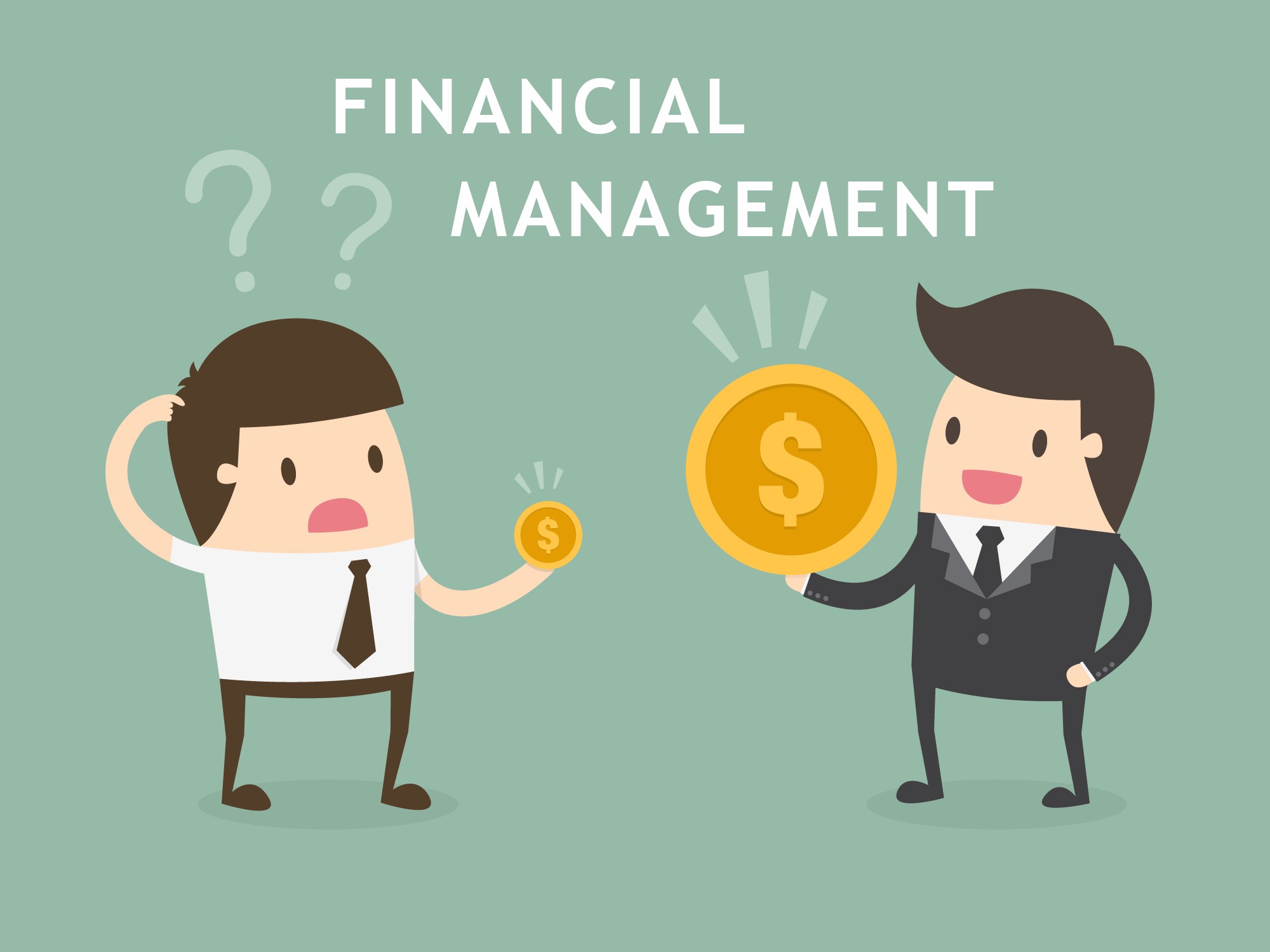What is financial technology? Quite simply, financial technology is a new kind of technology that competes with traditional financial methods. In addition to blockchain technology, artificial intelligence, cloud computing, and big data are all forms of financial technology. But what does this technology mean for you? How can it benefit you? Read on to learn more. And remember to share your experience in this article. It might just help you make a better financial decision.
Historically, financial technology has been used in banking and financial services. NASDAQ and the introduction of credit cards were major innovations. Then, the 2008 financial crisis triggered the fintech boom. Eventually, Bitcoin was introduced, allowing for a new kind of transaction. With its rise, financial technology has changed the way people bank. From personal finance to financial markets, the world has become more connected and efficient.
The adoption of AI technology is a great example of fintech being able to use technology to reduce costs. AI technologies, which are based on machine learning, allow apps to learn about users’ habits, engage in learning games, and make decisions on their own. In addition, fintech has embraced automated customer service technology, like chatbots that can help customers with basic tasks. Artificial intelligence interfaces can also help with fraud detection, as payment history can flag transactions that are outside the norm.
As more financial technology is available, the FTC continues to focus on the ways in which the technology can benefit consumers. It develops reports and workshops on the benefits and risks of FinTech for consumers and firms. It also uses its authority under the FTC Act and other laws to take legal action against companies that harm consumers. There are many examples of FinTech applications available to you. Take a look at them and find out how they can benefit you! It’s not hard to see how these innovations will make your financial life easier and more transparent.
Traditional banks are also tapping into FinTech, both through their own technology and through partnerships. The use of new software makes it easier for consumers to manage their finances. Using these applications provides them with better access to their banking profile, credit rating information, and budgeting tools. In addition to this, top banks are also working with FinTech companies to upgrade their outdated core banking systems. So, what should you expect from FinTech in the near future?
ESG investing is becoming increasingly popular. Many pension funds and large asset managers favor companies that do not violate their commitments to the environment. Furthermore, the United Nations will be hosting the COP26 climate change summit in 2021. Further, the SEC recently proposed requiring public companies to make ESG disclosures. With more people demanding climate change mitigation, financial technology is becoming a necessity. In the meantime, international cross-border payments are growing, and a lot of new FinTech applications have been developed to make these possible. They include bank-to-bank transfers and eWallet apps. In addition to these, prepaid debit card payments can also be processed through global mass payments software.
The use of blockchain technology is another example of modern fintech. This technology has revolutionized digital currency transactions. Blockchain technology allows decentralized transactions, and uses a network of participants to monitor changes to encrypted data. With this, businesses can make better use of their data, enabling them to predict changes and develop data-driven business strategies. In addition, cryptocurrency ATMs using blockchain technology have begun to pop up, and investment firms are seeking SEC approval of crypto funds that exhibit derivative characteristics.
RegTech is one emerging form of financial technology that helps companies comply with regulations. These technologies may be integrated into AP automation software or offered as a standalone application. Peer lending is another fintech application. It connects borrowers with investors who have funds to lend them. Companies like LendingClub make it possible for people to borrow small amounts from banks and other financial institutions. These applications are quickly becoming ubiquitous.
With the rapid rise in use of mobile banking, fintech is everywhere. Companies are turning to innovative combinations of hardware, software, and data to improve financial services. From mobile banking to online investing, fintech has radically changed financial services. Even people who had to visit a bank or financial company for a small business loan can now transfer funds through their phone. Traditional institutions are slowly adopting these solutions, and startups are betting on this new technology.





